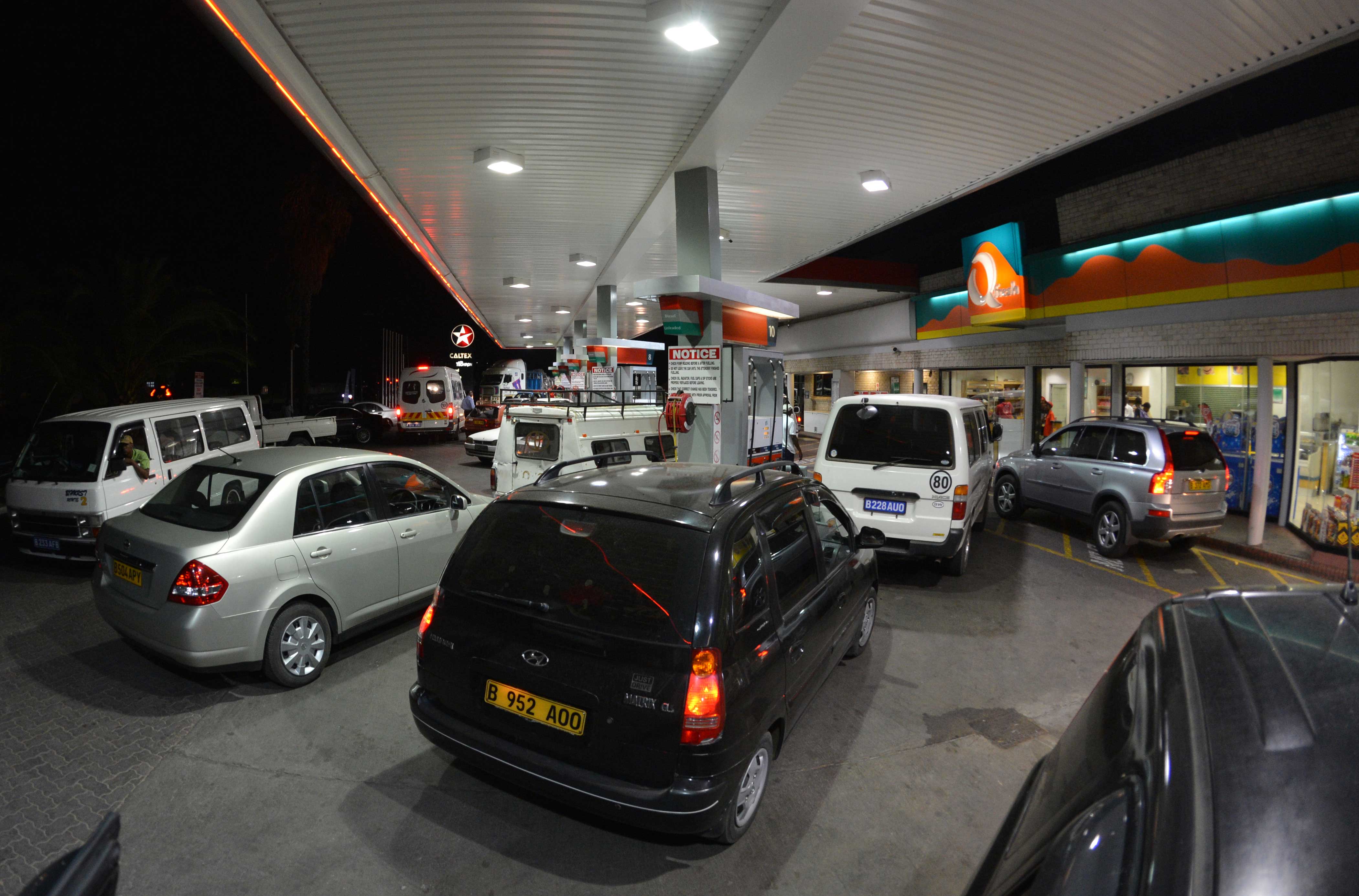- Gov’t yet to complete oil companies debt
- Fuel prices in Botswana to rise soon
GAZETTE REPORTER
Finance and economic pundits at the Bank of Botswana (BoB) have cautioned that inflation will rise in the short term, driven by rising international oil prices.
Headline inflation averaged 3.3 percent in the second quarter of 2018 and was lower than the 3.5 percent in the second quarter of 2017 mainly reflecting lower food inflation, according to the central bank.
Headline inflation was 3.1 percent in July 2018. Inflation remains low and stable, and within the Bank’s medium-term objective range of 3 – 6 percent, reflecting in part subdued domestic demand, the relative strength of the Pula against the Rand and the modest increase in prices of imported goods, according to the bank.
However, BoB said there is an upward momentum for the international oil prices that could exert modest upward pressure on domestic inflation.
BoB made the announcement in its maiden Monetary Policy Report launched at the National Business Conference held in Francistown last week, by Governor Moses Pelaelo.
Brent crude spent the better part of the week being driven by supply concerns emanating from United States of America (USA) sanctions on Iran, crises in Turkey, Brazil and Argentina, and US crude production levels dropping, according to Garry Juma and Salome Makgatlhe at brokerage firm, Motswedi Securities.
The two capital market experts point to the fact that the possibility of trade disputes between the US and registry of other nations, may dampen demand for the commodity capping gains. For the week, brent crude oil rose by 2.3 percent to end at US$78.63 per barrel.
Motswedi researchers also warn that related domestic factors like delayed adjustments of fuel prices to match international oil price movements could add to inflation in the short term. While the increase in fuel prices has been delayed, government has no choice but to effect the price hike. Recently, the Minister of Mineral Resources, Green Technology and Energy Security, Eric Molale announced that plans are ongoing to effect a fuel price hike, to take the edge off international oil price shocks. The ministry is also under pressure to settle mounting debts owed to multinational petroleum companies, which are currently under recovering in their oil price slate.
When international oil prices are sky high it means petrol companies import into Botswana at higher margins while selling at lower margins set by the government. Government is obliged to then have to pay oil companies the loss margins. It is therefore essential for government to also adjust local pump prices to minimize the gap, which some say hasn’t been the case. Ideally the National Petroleum Fund (NPF) would cater for under-recoveries and reimburse oil companies. Since it is depleted, debt owed to oil companies continues to pile up and the only solution is to hike prices so that oil companies sell at profitable margins.
Government says it has an agreement with the multinationals that payments would be done in arrears. By April this year, petrol companies were owed a sum of P1.2 billion.

